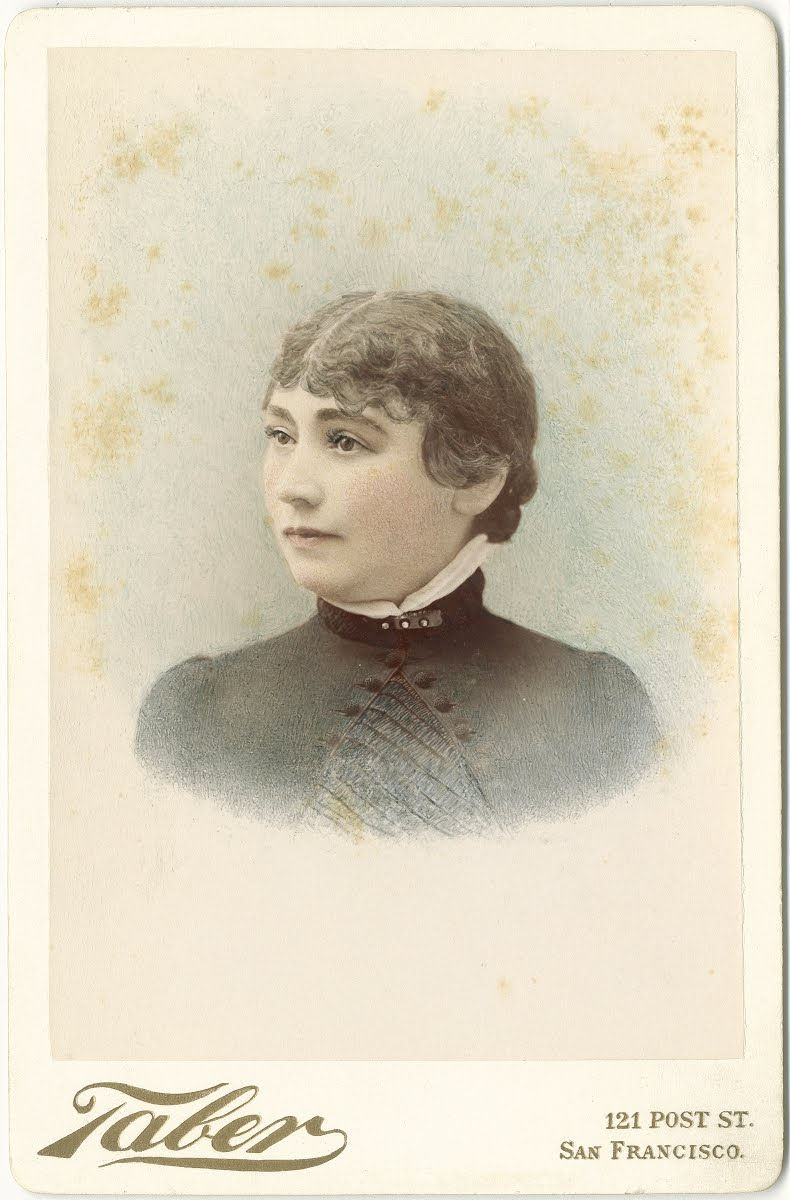Manuscript to Book: a Saga
- shellisue
- Sep 5, 2023
- 3 min read

All done! My manuscript is in. And…I feel sick.
Something bizarre happened last week. I decided to be done* with my manuscript, and I turned it in to my publisher. (Yes, I found a publisher I feel great about. More on that at a later date.) For now, I must settle into the strangeness of being done.*
*Now to explain the asterisk. You see, for someone like me, a manuscript is never done. I’ve merely ceased work on it. Now, the next phase of production can begin. I’m excited about what’s to come; don’t get me wrong. But that doesn’t remove the feeling of existential dread of my manuscript being out of my hands.
After 15 years, it all comes down to “save and submit.” No more edits, additions, tweaks, or fixing problems. It’s in, and to make any changes, it will literally cost me. Even though I was the one to click the button, it still has the feeling of being ripped away, unfinished.
The uneasy feeling is not unfounded. Even though the manuscript has been through a rigorous workshopping and editing process, which includes me reading it through “one last time” many times, there are two phenomena at work that can make it tough for an author’s manuscript to feel complete:
1) The ripple effect.
2) The Winchester phenomenon.
First, the ripple effect. If you make one change, no matter how small, the ripple effect almost always has unforeseen outcomes in different parts of the manuscript. They often lurk in unsuspecting corners.

For example, this past week (yes, after the “final proofread”), I decided to change the name of a horse to Dante. What’s the big deal? Just search and replace, right? Well, I did that. Later, there’s an action scene that includes Dante and another horse already established as Dandy. This scene gets a little muddled with a Dante and a Dandy. I never would’ve never chosen those two names from the outset.
From there, I had three choices: change it back (I had my reasons for changing it in the first place, which I liked), change the name of the other horse (that I’m already attached to), or leave it the new way and deal with having two horses with similar names. I chose the third. Mostly because I wanted to be done.*
The above incident is only the tiniest example of the ripple effect. Some ripple effects have taken me months to fix. Also, keep in mind that any time a change is made, there is a risk of introducing more errors. This is just one of the many reasons why it took me so long.
Another reason is what I’ll call the Winchester phenomenon, or “It’s not good enough as it is. I’ll just keep changing it.” I’m involuntarily attached to the idea that today’s perspective always surpasses yesterday’s and, therefore, anything I wrote yesterday is so repugnant and unacceptable that I wonder how I ever thought it sounded nice. I’m like Mrs. Sarah Winchester of the Winchester Mystery House. She could never get that mansion quite right, so she kept building, re-doing, tweaking, and adding nonsensical features up until the day she died. In her case, she was trying to appease the spirits who got killed by her husband’s rifles. In my case, I was trying to appease the demon of perfectionism.

Neither is a good idea. I’ve been to the Winchester Mystery House. She never did finish it, which, in her case, was the point. But instead of a nice Victorian cottage with a sensible floorplan, she ended up with a chaotic labyrinth in which her employees would frequently get lost. After her death, the unfinished areas were bolstered with black rudimentary framing. The mansion was never completed in her lifetime.

I should note that this “chaotic labyrinth” of which I speak is fascinating, and I’ve been obsessed with it since childhood. Mrs. Winchester is a remarkable character in her own right. I may write a post about her in the future. However, as writers, we can’t take this approach with our manuscripts. I, for one, didn’t want to die not having finished it.
Like so many things in life, I must let it go. I must let my manuscript become a book, knowing it will likely still have errors, that “one more read-through” may or may not have helped, and that some tiny ripple effect from years ago might still be out there rippling. Overall, I know I did my best*, I put my heart and soul into it, and that it’s probably better than ChatGPT could’ve done (at least for now while the technology is still in its infancy). Exultations of joy will be coming soon, but for now I am a jittery, human mess.




I know a little bit how you feel! Whenever I turn in a little thing like a photobook I worry that something will be missing. Can't wait to see this manuscript you speak of!